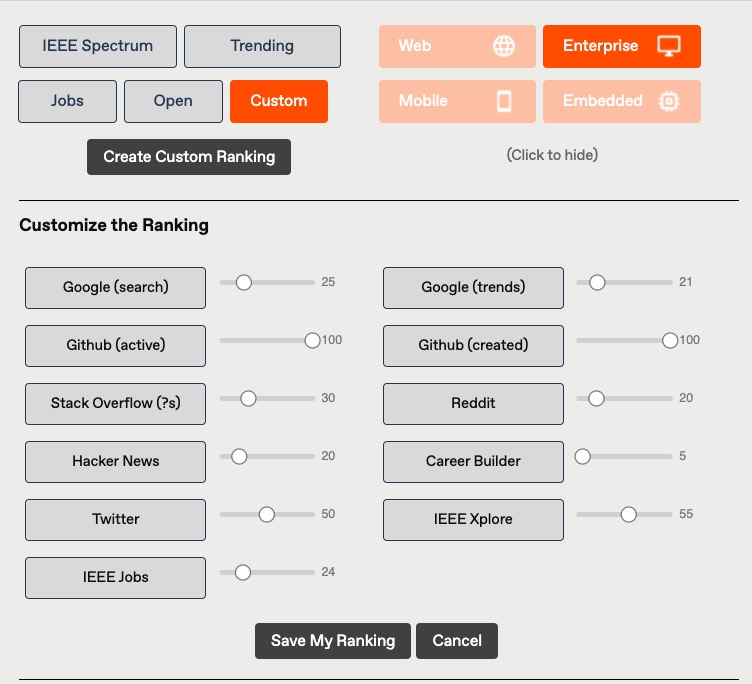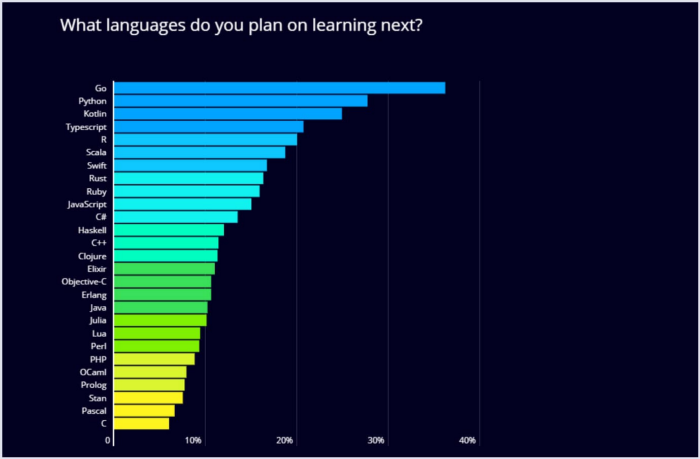I have no idea, to be honest, where the term "dead language" comes from. Being "unpopular" or "not trendy" is not "dead" (like dinosaurs, who are dead, but we have birds now, who are direct descendants of dinosaurs).
Programming languages may be old, legacy , very unpopular, not trendy, but generally not "dead" in my view.
I think many people forget that a lot of code has been written over the years and much of this working code was written in a legacy or not popular language (today). This language is not "dead" because the language is still in use (even if the organization wishes it was different).
Many organizations which have been around for a long time run code written decades ago and they are reluctant to pay good money to port working legacy code to something more popular. CFOs do not shout out with glee, "YAY, let's spend a small fortune to port all that code we paid for a decade or two ago to Python because Python leads in 2021!!".
As a real example, for the past year, I have taken a huge legacy accounting application written in AWK, with oddly formatted flat files as the "database" (and countless rounding errors in the math) and ported it to an SQL driven, Ruby (Rails) app which the users can access via a browser (not a terminal in a back room).
The legacy AWK application had been developed over decades and the management actually hated it (they hated it..... really) and there was a very confrontational relationship between the long-time developer (who had been around for decades) and the users. The users had to fight tooth-and-nail to get new features because the code did all the I/O as did legacy apps "way back when". So, adding new features was really difficult and caused tremendous organizational stress. We ported the app to Rails and it is now fully operational in production and everyone loves it. Now, they brainstorm new features and we can add them in a few hours or less with no stress. It has gone from "an app which everyone but the developer hated" to one which "everyone likes, including the developer".
My main point is that there are countless software applications running in organizations globally which are using code which is suboptimal in 2021 for many reasons. Of course, COBOL or Fortran or LISP or Basic (just tossing up names in a pseudo random way) programmers from the past love keeping these applications going (and charging top dollar to do so, if they can), because they are not recent college graduates who want to program in Python or Java or Javascript, Rust, Go, etc. The fact is that, in many cases, these organizations are "held hostage" by legacy IT. I just witnessed this directly, so I am not talking about theory. It not something I read about online or googled. I am talking about a fact ; and also the joy of "freeing a good organization from being held hostage to legacy IT only a developer from the 1970s and 80s could love".
If an organization has been around for decades and has a business model built around this kind of legacy code, it is very hard for them to budget the hundreds of thousands of dollars to port legacy code. It is hard for them to find expertise to help. Also, given the fact that a large percentage of IT (code) migration projects fail, it is natural that organizations are both stuck and somewhat "held hostage" based on legacy code written decades ago.
That is why I find it amusing with, in some related discussions, folks reply "well, some people still use XYZ"....For me, that is really pointless relative to the popularity of certain languages and required development speed and flexibility possible in 2021. Myriad organizations use a lot of code which, if they had to start coding the same apps today, they would do it very differently.
I remember looking at the AWK code of this huge application back in early 2020 and the first thing I noticed was it was very hard to extract the business logic in the code. This was because most of the code was keyboard and screen IO plus file management (for the flat files used as a DB). In modern MVC apps, this IO is done for the developer and there is no need for developers to waste any time coding it. We spend time (and the money of the organization) on the core business logic, not wasting money on developing screen and keyboard IO and putzing around with disk IO or screen IO.
Sure, many people love coding screen and keyboard IO, LOL. But organizations in 2021 are not going to be happy paying for this. They want features quickly and very nice user experiences with a responsive web browser they can access on their phone, tablet or desktop, from anywhere in the world, for the most part.
Anyway, I digress. The bottom line, at least in my cobweb filled mind, is that we should develop code with the future of the organization in mind. Most organizations have young people coming up, either the children of family owned businesses or maybe college grads for more commercial-oriented companies. These people do not want to code with legacy tools and programming languages. They want to code in languages which are current in 2021 and fit into an MVC framework (or a similar HLA) where they do not give a second thought to IO, and focus on the business models, the business logic and adding new capability for the demanding, sophisticated end users of today.
I am not making this up. I just spent a year of my life, coming out of retirement, helping out one such good organization who was "held hostage" due to this exact same "legacy IT" issue; and so that is why I am keen to mention it here.
Of course there are many languages still in use out there in the world. Many of them are just relics of the past and if those same apps were being developed today, they would be developed very different and with different programming languages than those from the 1970s, 80s and even then 1990s.
However, it is truly remarkable that C and C++ still remain at the top of the tree in all surveys and have survived the test of time. So, not all older languages are "legacy" as we see with C/C++. My guess is that C/C++ will be around for a long time while other legacy languages are retired, one migration at a time.
Yes, I agree @Azhrei , we are now "just chatting" and sharing our experiences and ideas. Nothing wrong with that since we have a pretty good lay-of-the-land of the popularity of programming languages in 2021.
Back to you!




